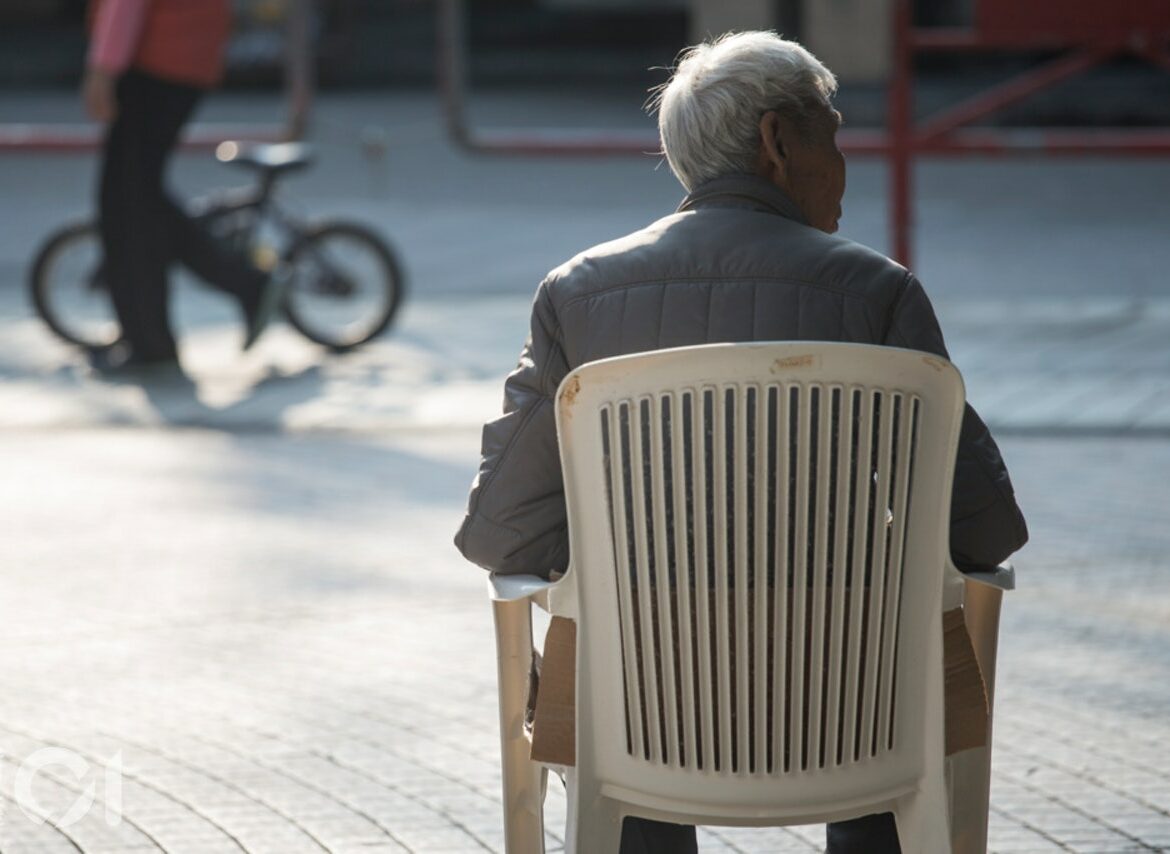From taking care to be taken care of, there is no choice?
“Poor elderly people will not be in the mood to go to the center to participate in activities. They would rather go out to do part-time jobs to earn a lot of money. They will not learn self-care (self-care) and soup cooking (in the elderly center). For them, It’s very luxurious. But for the wealthy and senior citizens, they retire on time at the age of 65, have children and have floors, participate in hobby classes and travel around when they are free.” Aru continued, “It’s GG if you don’t have money and are unhealthy. ), they don’t even know what service they are (waiting for); but if they are rich, those who are not in good health (the former) are so gray and desperate because they have the resources to ask for help. “
In a few words, I can hear the deep feelings of Aru, because the elderly center she works in is mainly middle-class families, and her daily experience has helped her understand the gap between the rich and the poor. The understanding of the definition is also completely different. The grassroots elders only ask for three meals a day and take care of themselves. However, those who are financially able to think about what they are going to do today and who will take care of themselves.
For the elderly, perhaps the most difficult thing to accept is not the decline of physical function, but the loss of the right to choose. They will feel that living in an elderly home is like being imprisoned and cannot come and go freely, but they also have such troubles when they are at home. The elderly center where Aru works is also a very important part of community care services. The elderly can spend time in the center and receive training for different abilities. Aru is mainly responsible for counseling, both for the elderly and the caregivers. Therefore, she often hears complaints from both sides.
Families with financial means will hire foreign domestic helpers to take care of the elderly, but what Aru sees is the resistance and anxiety of the elderly. She explained that the first thing many elders are afraid of is the language barrier. For them, “there is one more person who is not their own child at home, and they have to live together, and they will help themselves to take a shower.” It takes time to accept such new things. However, foreign domestic helpers may be transferred once every two years due to contract issues, and the elderly have to keep adapting.


